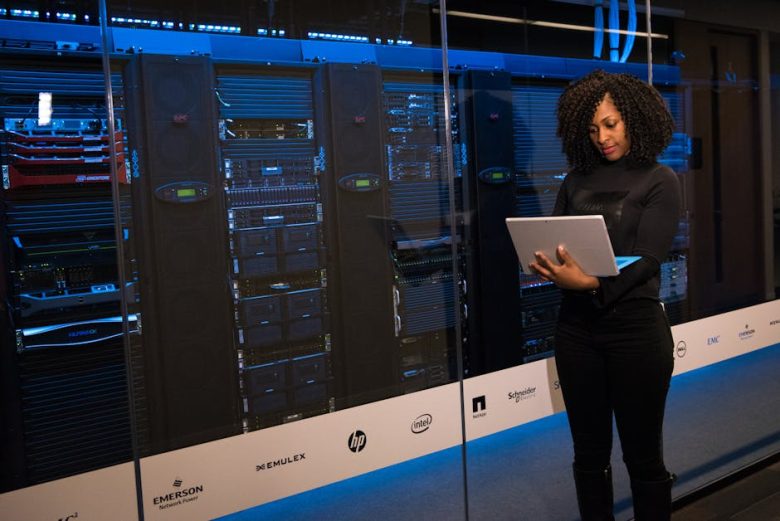In a world where everything is available at the touch of a button, the allure of convenience has never been stronger. From food delivery apps that bring gourmet meals to our doorsteps in minutes, to streaming services that offer endless entertainment without the need to leave our homes, modern technology has made life easier than ever. Yet, beneath this shiny surface of convenience lies a troubling reality that many of us are beginning to grapple with: the hidden costs associated with our relentless pursuit of instant gratification.
As we embrace these conveniences, we often overlook the potential consequences on our physical, mental, and social well-being. While the immediate benefits are undeniably appealing, what are we sacrificing in the process? This article delves into the emotional and psychological ramifications of our convenience-driven culture, shedding light on the trade-offs we make for a few extra moments of ease in our busy lives.
One of the most significant impacts of our convenience-oriented lifestyle is the decline in physical activity. With services that cater to our every need, from grocery shopping to exercise, many find themselves spending more time sedentary than ever before. The rise of smart home devices and streaming platforms has led to a culture where couch-sitting is the norm, and physical fitness often takes a back seat. This shift not only contributes to rising obesity rates but also poses serious health risks, including heart disease and diabetes, leaving many to wonder if the convenience is worth the toll on our bodies.
Moreover, the mental health implications of our instant gratification culture are profound. The constant availability of entertainment and social media can lead to a paradox of choice, where the overwhelming number of options causes anxiety rather than relief. As we scroll through curated images of others’ seemingly perfect lives, feelings of inadequacy can seep in, leading to decreased self-esteem and increased feelings of loneliness. The irony is that while we are more connected than ever through technology, many are experiencing a growing sense of isolation.
In addition to physical and mental health concerns, the convenience culture also strains our social interactions. As we rely on apps and online services for everything from communication to dining, we may inadvertently neglect the importance of face-to-face interactions. Social skills, once honed through in-person experiences, are becoming less emphasized in our daily lives. This shift can lead to a deterioration of communal bonds and a decrease in empathy, as we prioritize convenience over meaningful connections with others.
Despite these challenges, there is hope. As awareness of the hidden costs of convenience grows, many are beginning to push back against this trend. Movements promoting mindfulness, sustainable living, and community engagement are gaining traction, encouraging individuals to seek balance in their lives. By consciously choosing to limit our reliance on convenience, we can reclaim our health, strengthen our relationships, and foster a deeper sense of fulfillment.
In conclusion, while the allure of convenience is undeniable, we must remain vigilant about its hidden costs. It is essential to recognize that instant gratification can come at a price, affecting our physical health, mental well-being, and social connections. By embracing a more mindful and intentional approach to our daily lives, we can strike a balance that allows us to enjoy the benefits of modern technology without sacrificing the essence of what it means to be human. As we navigate this complex landscape, let us choose wisely, for in our choices lies the power to shape a healthier, more connected future.
